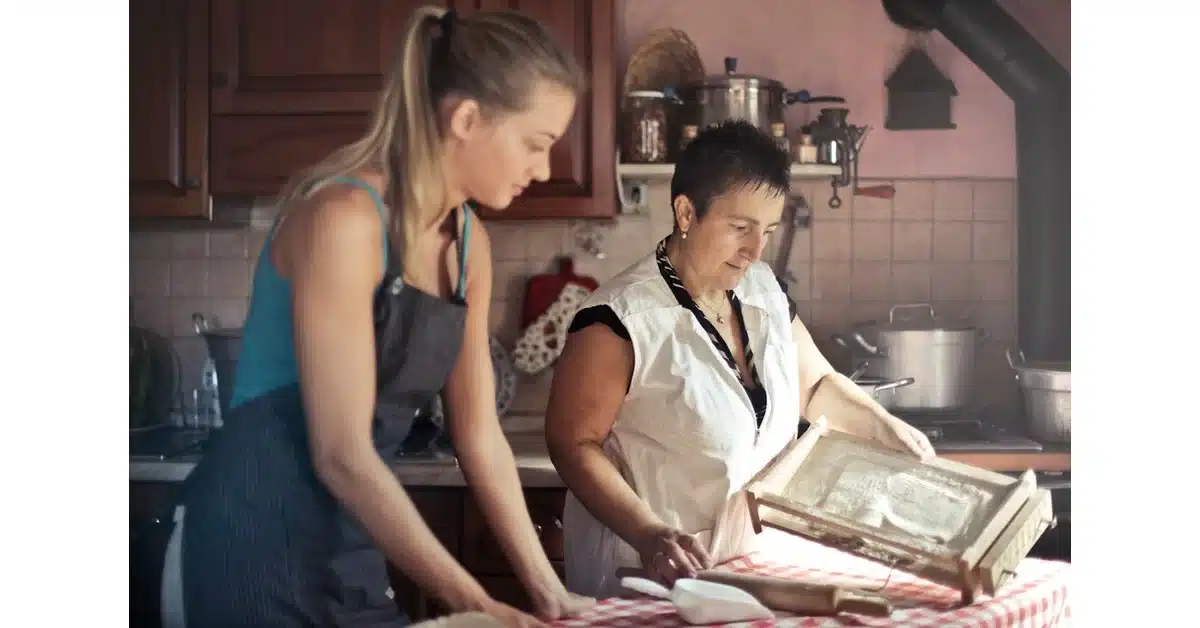Living in a property owned by your family trust is indeed possible. This arrangement can offer advantages such as asset protection and potential tax benefits. However, there are crucial factors to consider.
You may lose the main residence exemption from capital gains tax, potentially incurring a tax liability upon selling the property.
Additionally, land tax implications for family trusts in Queensland can be complex and require professional advice. Trusts can be intricate and costly to manage, and conflicts might arise among beneficiaries if rent is not paid.
Can I claim the principal place of residence exemption if I live on a family trust-owned property?
You generally cannot claim the principal place of residence (PPOR) exemption from capital gains tax (CGT) if you live in a property owned by a family trust. This is because the PPOR exemption is only available to individuals, and a trust is not considered an individual for tax purposes.
Key points to note:
- Trusts and the PPOR exemption: The Australian Taxation Office (ATO) does not consider a property owned by a trust to be a PPOR, even if you are living in it as your main residence. This means that if you sell the property, you may be liable for CGT on any capital gain.
- Land tax implications: In Queensland, there are specific land tax rules for properties owned by family trusts. While an exemption might be available if all beneficiaries reside in the property as their PPOR, the eligibility criteria can be complex, and it’s crucial to seek professional advice.
- Alternative solutions: If you want to take advantage of the PPOR exemption, you might consider transferring the property from the trust to your name or establishing a different ownership structure. However, this would require careful consideration of the legal and financial implications, and it’s essential to consult with professionals before making any decisions.
Also read: What is Discretionary Trust
What are the land tax implications in Queensland when a family trust owns my home?
The land tax implications when a family trust owns your home depend on several factors, primarily whether the property is considered your principal place of residence (PPOR):
Scenario 1: Property is the PPOR of all beneficiaries:
- Potential exemption: If the property is the PPOR of all the beneficiaries of the trust, and they are all natural persons (not companies or other trusts), the trust may be eligible for a full or partial land tax exemption. This is known as the “home exemption.”
- Eligibility criteria: To qualify for the home exemption, all beneficiaries must genuinely live in the property as their main residence. Certain conditions apply, such as the proportion of land used for primary production, if any.
Scenario 2: Property is not the PPOR of all beneficiaries, or some beneficiaries are not natural persons:
- Land tax liability: If the property is not the PPOR of all beneficiaries or if some beneficiaries are not natural persons (e.g., companies), the trust will likely be liable for land tax.
- Calculation of land tax: Land tax is calculated based on the taxable value of the land owned by the trust as of 30 June each year. The tax rates are progressive, meaning higher rates apply to properties with higher taxable values.
Also read: Irrevocable Trust Australia: Advantages and Disadvantages
How does living in a family trust-owned property affect capital gains tax (CGT) in Queensland?
Living in a family trust-owned property in Queensland significantly impacts capital gains tax (CGT) due to the loss of the main residence exemption.
When a property held in a trust is sold, the trust itself is liable for CGT on any profit made. This means that even if you have been living in the property as your main residence, you cannot claim the exemption to reduce or eliminate the tax payable.
While the main residence exemption is not available, family trusts are eligible for a 50% CGT discount if the asset has been held for at least 12 months. This can help reduce the tax burden, but it’s still a significant difference compared to the complete exemption individuals can claim on their main residence.
The amount of CGT payable will depend on several factors, including:
- The length of ownership: The longer the trust has owned the property, the greater the potential capital gain.
- The purchase price: The original purchase price of the property serves as the base for calculating the capital gain.
- The sale price: The higher the sale price, the larger the capital gain and the resulting CGT.
- Cost base adjustments: Certain expenses, such as stamp duty, legal fees, and renovations, can be added to the cost base of the property, potentially reducing the capital gain.
What are the potential conflicts and considerations when multiple beneficiaries are involved with a family trust-owned property?
When multiple beneficiaries are involved with a family trust-owned property, several potential conflicts and considerations can arise:
- Occupancy and Rent:
- If one beneficiary lives in the property, should they pay rent to the trust? If so, how much?
- How should occupancy be decided if multiple beneficiaries want to live in the property?
- What happens if one beneficiary wants to move out and rent their share to a third party?
- Financial Contributions and Distributions:
- If one beneficiary lives in the property, should they contribute to property expenses like maintenance, rates, and insurance?
- How should profits from renting the property to third parties be distributed among beneficiaries?
- Should distributions from the trust be adjusted to account for the benefit received by the occupying beneficiary?
- Decision-Making and Control:
- How will decisions about the property be made? Will all beneficiaries have an equal say, or will the trustee have ultimate control?
- What happens if beneficiaries have conflicting opinions about how the property should be used or managed?
- Can a beneficiary force the sale of the property if they disagree with the other beneficiaries or the trustee?
- Tax Implications:
- How will the trust’s tax liability be affected by the occupancy of the property by a beneficiary?
- Can the occupying beneficiary claim any tax deductions for expenses related to the property?
- Estate Planning:
- How will the property be dealt with upon the death of a beneficiary or the settlor of the trust?
- Will the property be transferred to the remaining beneficiaries, sold, or passed on to the deceased beneficiary’s heirs?
To mitigate potential conflicts, it’s crucial to have a well-drafted trust deed that clearly outlines the rights and obligations of beneficiaries and the trustee regarding the property.
It’s also advisable to seek professional advice from an estate planning lawyer to ensure the trust is structured in a way that minimises potential conflicts and maximises benefits for all beneficiaries. Open communication and transparency among all parties involved are essential to maintain a harmonious relationship and avoid disputes.
Remember, each family trust situation is unique, and the specific conflicts and considerations will vary depending on the circumstances. It’s important to tailor solutions to your specific needs and seek professional guidance to navigate the complexities of multi-beneficiary trust ownership effectively.
Ready to Move In?
Are you considering living in a property owned by your family trust in Queensland? Navigating trust law and its tax implications can be complex, but you don’t have to do it alone. At Walker Pender, our legal experts specialise in trust management and real estate law.
We’ll help you understand your legal rights and responsibilities to make the best decisions for your situation. Contact Walker Pender today to ensure your living arrangements are compliant and beneficial for all parties involved. Secure your consultation now!




